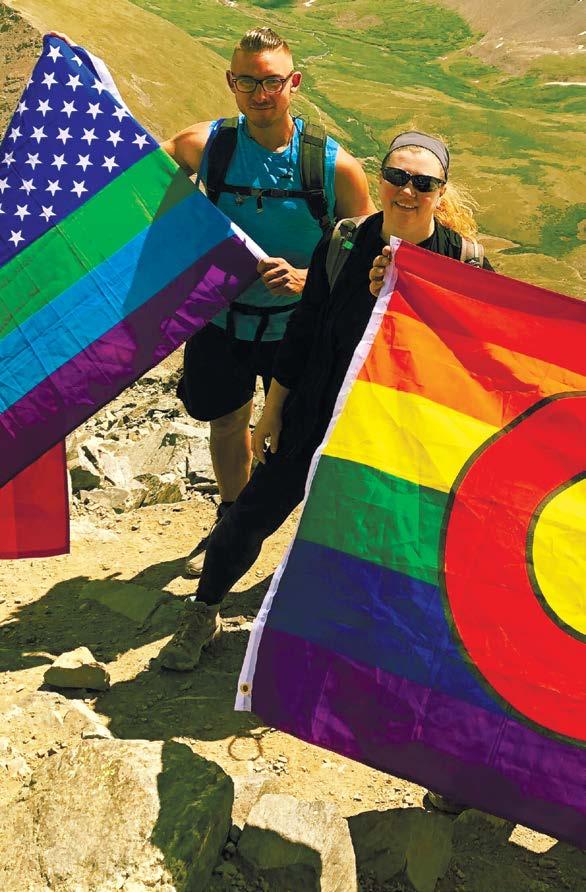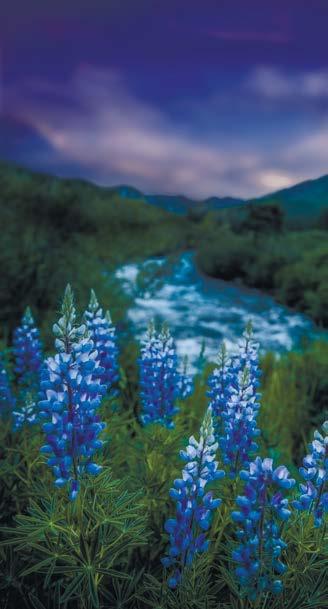Lost and Found by Christopher La Fleur
S
tefano de Benedetti is remembered for a number of notable accomplishments. The celebrated, Italian alpinist logged more than 80 first descents in the Alps. He was the first to ski the notorious West Face of Mont Blanc, the storied, second-highest summit in Europe.
Photo provided by Christopher La Fleur I’d stay home late at night and watch queer cinema after everyone had gone to bed. One would be hard-pressed to find a more modern Emily Dickinson. My exquisitely manicured melancholy, contempt
Before de Benedetti’s famous descent of the line, it was widely considered impossible without the assistance of a helicopter. Having an incline of no less than 50 degrees and an overall prominence of 2000 meters, it remains one of the most difficult ski descents in Europe. To put that in perspective, the route is roughly half as high as Colorado’s Mount of the Holy Cross is tall. Hyperbole in mountaineering is nothing new. Indeed, for the uninitiated, mountaineering may seem like a trivial pursuit. Why on Earth do we drive in the predawn dark to wander in circles for miles? At altitude, there’s 40 percent less oxygen. At dawn, the forest is bitterly cold and wet. By midafternoon, you’re sunburnt, windburnt, and exhausted. What reward compensates for the blisters and missing toenails? There’s no grand conspiracy afoot. I sought liberation and found volumes of truth in the apathetic embrace of the alpine. In his 1985 documentary La Parete Che Non C’e’ about the ascent and first descent of the Aiguille Blanche, de Benedetti says, “In that perfect moment, I was so concentrated there was no space for other thoughts. When you are in a situation where, if you fall, you die ... everything changes. You act like a different person. You act with all yourself. You are making a completely different experience, and, in some way, discovering yourself. That is the magic of the mountain. To live so close to the possibility of dying, you understand what is really important and what is not.” In some sense, queers have always known that brand of truth, albeit under different circumstances. Many of us grow up in hiding, occupying the perilous space between authenticity and ill fortune. In de Benedetti’s words, we act like different people. Growing up on the Eastern Plains of Colorado, I learned firsthand: self-actualization is risky business. I spent the school year buried in homework and art projects, desperately avoiding bullying and the occasional brawl. I went to excellent schools, learning with the brightest and best. My classmates were accomplished, talented, and mostly affluent. Growing up, I had the distinct impression of being on the outside, looking in. Even the blissful escapism of summer break was lost on me. I lacked money, a vehicle, or anywhere to go. While my friends and their families took vacations to exotic locales, 2 4 \\ J U L Y 2 2 , 2 0 2 0
for authority, and patented blend of shame and rage served to isolate me far more than my contemporaries ever could. Summer days were whiled away in air-conditioned solitude reading books, writing poems, and drawing. Leaving the house was a monumental hardship unless it meant walking to the library in the morning.







